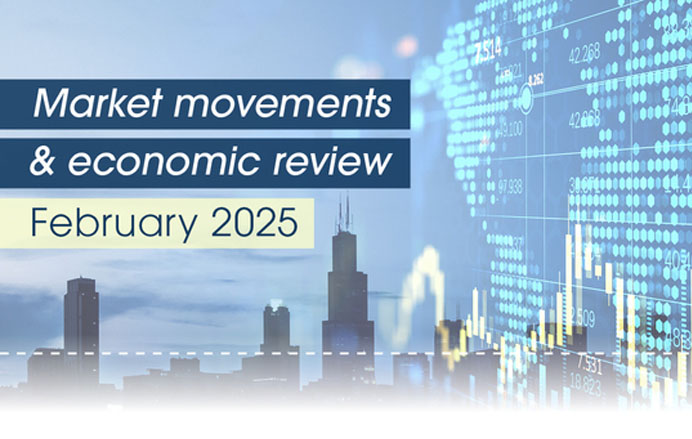
Thanks to the decisive victory of US President-elect Donald Trump, we’re now set to hear a whole lot more of his favourite word.
It’s something of a love affair. On the campaign trail in October, he said:
To me, the most beautiful word in the dictionary is tariff.
Previously, he’s matched such rhetoric with real policies. When he was last in office, Trump imposed a range of tariffs.
Now set to return to the White House, he wants tariffs of 10-20% on all imports to the US, and tariffs of 60% or more on those from China.
Most of us understand tariffs are some kind of barrier to trade between countries. But how exactly do they work? Who pays them – and what effects can they have on an economy?
What are tariffs?
An import tariff – sometimes called an import duty – is simply a tax on a good or service that is imported into a country. It’s collected by the government of the country importing the product.
How exactly does that work in practice?
Imagine Australia decided to impose a 10% tariff on all imported washing machines from South Korea.
If an Australian consumer or a business wanted to import a $1,200 washing machine from South Korea, they would have to pay the Australian government $120 when it entered the country.
So, everything else being equal, the final price an Australian consumer would end up paying for this washing machine is $1,320.
If a local industry or another country without the tariff could produce a competing good at a similar price, it would have a cost advantage.
Other trade barriers
Because tariffs make imports more expensive, economists refer to them as a trade barrier. They aren’t the only kind.
One other common non-tariff trade barrier is an import quota – a limit on how much of a particular good can be imported into a country.
Governments can also create other non-tariff barriers to trade.
These include administrative or regulatory requirements, such as customs forms, labelling requirements or safety standards that differ across countries.
What are the effects?
Tariffs can have two main effects.
First, they generate tax revenue for the government. This is a major reason why many countries have historically had tariff systems in place.
Borders and ports are natural places to record and regulate what flows into and out of a country. That makes them easy places to impose and enforce taxes.
Second, tariffs raise the cost of buying things produced in other countries. As such, they discourage this action and encourage alternatives, such as buying from domestic producers.
Protecting domestic workers and industries from foreign competition underlies the economic concept of “protectionism”.
The argument is that by making imports more expensive, tariffs will increase spending on domestically produced goods and services, leading to greater demand for domestic workers, and helping a country’s local industries grow.
Swapping producers isn’t always easy
Tariffs may increase the employment and wages of workers in import-competing industries. However, they can also impose costs, and create higher prices for consumers.
True, foreign producers trying to sell goods under a tariff may reduce their prices to remain competitive as exporters, but this only goes so far. At least some of the cost of any tariff imposed by a country will likely be passed on to consumers.
Simply switching to domestic manufacturers likely means paying more. After all, without tariffs, buyers were choosing foreign producers for a reason.
Because they make selling their products in the country less profitable, tariffs also cause some foreign producers to exit the market altogether, which reduces the variety of products available to consumers. Less foreign competition can also give domestic businesses the ability to charge even higher prices.
Lower productivity and risk of retaliation
At an economy-wide level, trade barriers such as tariffs can reduce overall productivity.
That’s because they encourage industries to shift away from producing things for which a country has a comparative advantage into areas where it is relatively inefficient.
They can also artificially keep smaller, less productive producers afloat, while shrinking the size of larger, more productive producers.
Foreign countries may also respond to the tariffs by retaliating and imposing tariffs of their own.
We saw this under Trump’s previous administration, which increased tariffs on about US$350 billion worth of Chinese products between 2018 and 2019.
Several analyses have examined the effects and found it was not foreign producers but domestic consumers – and especially businesses relying on imported goods – that paid the full price of the tariffs.
In addition, the tariffs introduced in 2018 and 2019 failed to increase US employment in the sectors they targeted, while the retaliatory tariffs they attracted reduced employment, mainly in agriculture.
Economists’ verdict
Tariffs can generate tax revenue and may increase employment and wages in some import-competing sectors. But they can also raise prices and may reduce employment and wages in exporting sectors.
Do the benefits outweigh the costs? Economists are nearly unanimous – and have been for centuries – that trade barriers have an overall negative effect on an economy.
However free trade does not benefit everyone, and tariffs are clearly enjoying a moment of political popularity. There are interesting times ahead.




